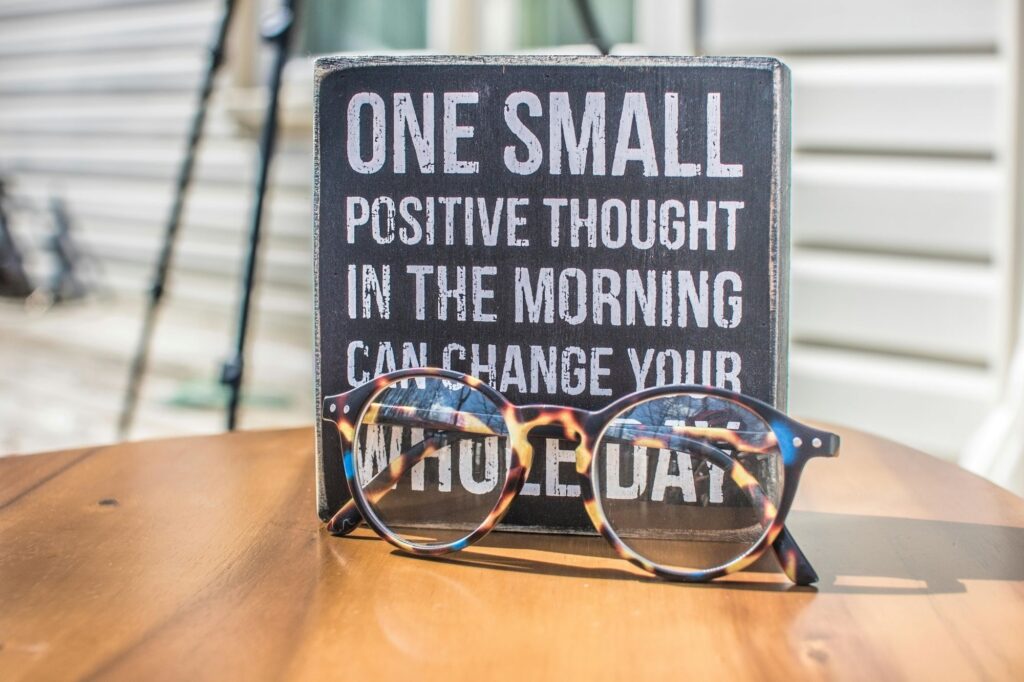A Practical Guide to Building Resilience with Micro Habits
Resilience is the ultimate power that allows people to face adversity, recover from setbacks, and emerge stronger. It is an essential trait of individuals who thrive while dealing with life’s uncertainties. Resilience can be cultivated by anyone willing to adopt the right habits.
Resilience can be formed by implementing micro-habits in a daily routine. These are small, manageable actions that can shift one’s emotional and mental attitude when practiced consistently. This article explores actionable micro-habits that can improve emotional strength, increase adaptability, and provide tips to overcome challenges occurring in daily life.
What Is Resilience?
Resilience is the ability to survive, adjust, and succeed despite life’s trials. It is about developing the strength to confront difficulties/troubles rather than avoiding them. Resilient individuals possess mental toughness that helps them bounce back from failures, heartbreaks, and blocks.

Psychologically, resilience prepares the mind to cope with stress, reduces anxiety, and grows positivity. It creates a buffer against disappointments that empower individuals to maintain balance even in turbulent times. For example, think of Malala Yousafzai, who transformed personal tragedy into global advocacy, or J.K. Rowling, who rose from rejection to redefine success. Resilience turns hardships into growth opportunities.
Micro-Habits for Enhancing Emotional Resilience
Practice Gratitude
This starts with being thankful for all the blessings of life. Feel grateful by thinking about all the good things or writing them down. This simple act makes us aware of all the good people, personal achievements, positive thoughts, burning ambitions, and selfless love surrounding us.
Start Your Day with Positivity
A single thought is powerful enough to brighten or darken the entire day. It’s great to begin each morning with motivation or affirmations. Calming the mind can also benefit greatly. This sets the mood for the whole day by relaxing thoughts.

Take 30-Second Deep Breaths
Breathing techniques are quite powerful for maintaining emotional resilience. Start by inhaling deeply and exhaling slowly. This practice calms the nervous system, reduces stress, and restores emotional balance. Practicing daily breathwork has several other health benefits.
Pause Before Reacting
When presented with problems, it is good to take a moment to reflect before responding. We often don’t think properly and reach conclusions. Understanding the situation, thinking through it, and responding wisely will encourage thoughtful action over impulsive reactions.
Micro-Habits for Developing Physical Resilience
Stay Hydrated
Drinking one extra glass of water daily can improve physical health and mental clarity. In this hassle culture, people often neglect their health, skip meals, or avoid drinking water altogether. This creates confusion, affects the mental ability to process thoughts, and misguides decisions. Staying hydrated will boost the mental and physical senses.

Incorporate Mini Workouts
It is great to take some time off and add two minutes of stretching or light exercise to your routine. These small movements can strengthen your body and energize your soul.
Prioritize Sleep
Scientifically, it is recommended to sleep 7-8 hours each day. Shift your bedtime earlier by just five minutes each night and try to get quality sleep. Over time, this will create a good sleep pattern that enhances resilience.
Healthy Eating Micro-Habit
Eat healthy and stay fit! Consume nutritious food, homemade meals, and fruits. Start by replacing one unhealthy snack or drink with a nutritious option. This will boost your physical stamina.
Micro-Habits for Social Resilience
Reach Out Daily
Reaching out daily maintains relationships, builds trust, provides support, and makes you more social. Begin by sending a quick text or calling someone you care about. Setting reminders, planning events, or doing activities can also help to engage with other individuals.
Practice Active Listening
Be empathetic and attentive while listening to other people. Focus on truly understanding what others are saying instead of formulating responses. This improves problem-solving, social, and listening skills.
Express Appreciation
Expressing appreciation of any kind boosts morale. Make a habit of complimenting someone whenever you get a chance. Don’t let anyone’s efforts go unnoticed. This small gesture facilitates positivity in all your connections.

Build Community Bonds
Humans are social creatures! Whenever possible, spend some time engaging with neighbors or coworkers. Prioritize family time, participate in community-bonding activities, and simply talk with others. These micro-connections form a supportive social network.
Micro-Habits for Developing Mental Strength
Set Small Goals
Setting goals is crucial. Break down larger ambitions into tiny, manageable tasks. A good goal-setting strategy can be SMART (small, manageable, achievable, relevant, and time-bound) to follow. Achieving these builds great confidence.

Learn One New Thing Daily
This can be anything from learning a new language to reading a page of a book. Strong commitment and consistency can help you explore a new perspective. This sharpens your mind and makes you more flexible.
Track Your Progress
Document your goal’s journey to see how far you’ve come. Celebrate small wins, learn from lessons, and change the strategy whenever applicable. Review this document at equal intervals and you will reach your goals.
Visualize Success
This may sound cliche to many people, but this stuff really works. Start by spending one minute imagining yourself overcoming challenges or achieving goals. This practice grows confidence and makes you ready for physical reality. Strong determination can sail you through any storm and make the impossible possible.
Overcoming Challenges When Starting Micro-Habits
Starting micro-habits is easy but maintaining them is difficult. People often forget about it or lack the motivation to keep going. Be mindful, have faith, and be consistent despite all the restrictions. This can at least make you feel better and live a peaceful life.
Consistency is key. Use reminders like sticky notes or phone alerts to stay on track. Celebrate even the smallest victories to progress further. Remember, resilience is not built overnight but through continuous effort.

